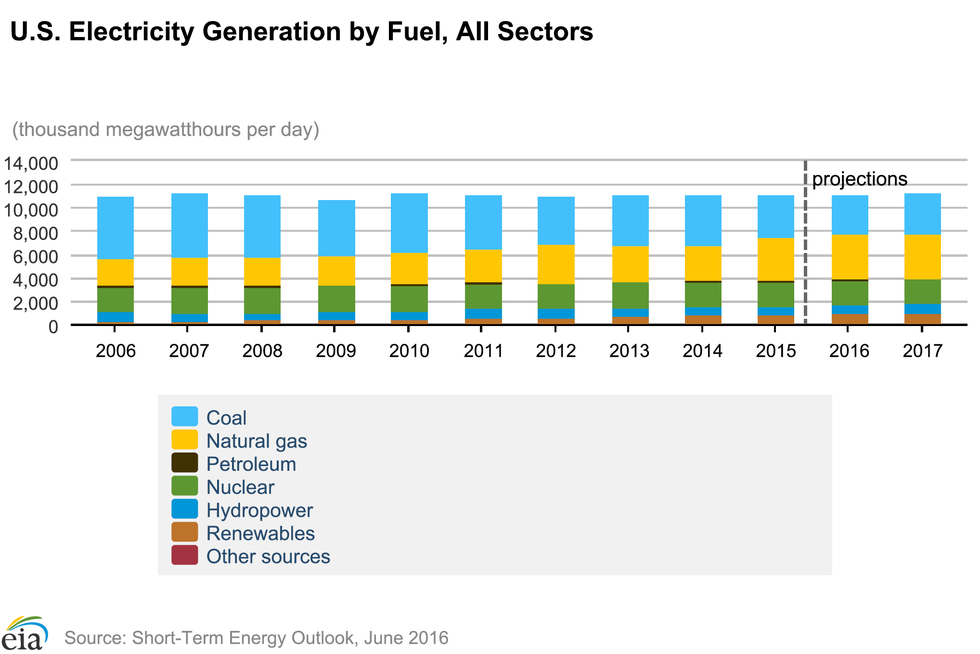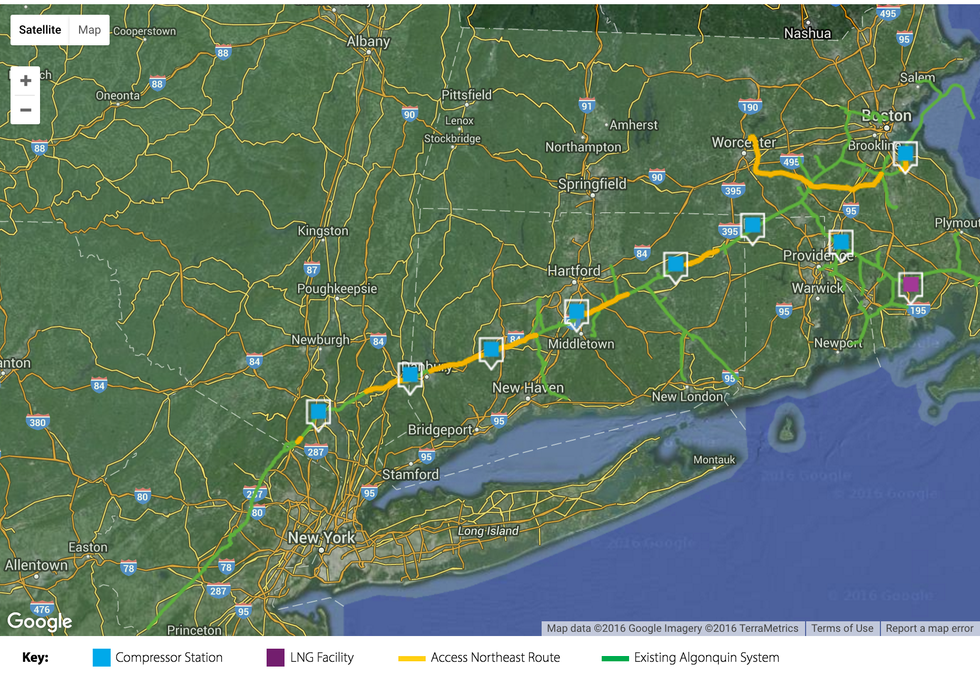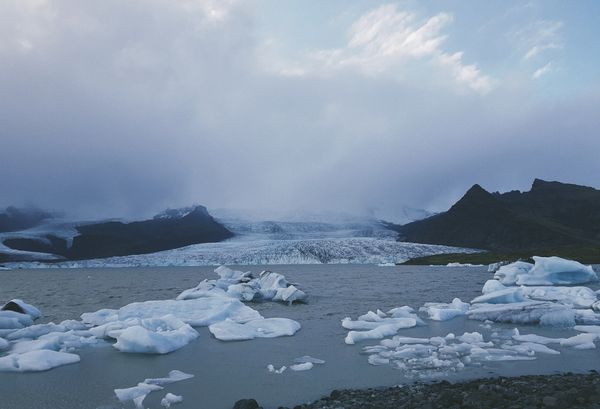Spectra Energy is an energy company in the United States that deals with oil and natural gas. Currently, Spectra operates various pipelines mainly concentrated in the northeastern United States. Spectra’s latest project is “Access Northeast” which is to extend their pipelines reach throughout New York, Connecticut, and Massachusetts. Spectra wants to upgrade the current Algonquin pipeline system by connecting the various segments in order to fulfill the demands of the region in a ‘cost effective’ manner. The pipeline is expected to be completed sometime in 2018.
Though the “Access Northeast” pipeline would transport natural gas to more consumers in New England, it is not without disruption to the environment. One of the main issues is that the pipeline would pass through various parts of conservation land in Massachusetts owned by the Mass Audubon. Mass Audubon is one of the largest conservation organizations in New England that pledges to “[t]o serve as a leader and a catalyst for conservation, by acting directly to protect the nature of Massachusetts and by stimulating individual and institutional action through conservation, education, and advocacy”. To allow this pipeline would be to go against everything this conservation group stands for and has worked for. The development of this pipeline would be disruptive to the land and the wildlife in these conservations as it would require excavation of the land.
Currently, natural gas is being marketed as a ‘transition’ energy: something for consumers to use while we wait for renewable energies to become more ‘accessible’. It seems a waste to continue to delay this transition. Recently, Exxon Mobil has been trying to pass natural gas off a clean energy despite its harmful environmental implications and practically disregards the various less impactful alternatives such as wind and solar. Natural gas may be cleaner than coal or oil, as it does emit less carbon dioxide; However, it is not as clean as the other renewable alternative energy options mentioned above. Leaks of unburned methane gas, of which natural gas is mainly made up of, are incredibly detrimental to the atmosphere.























